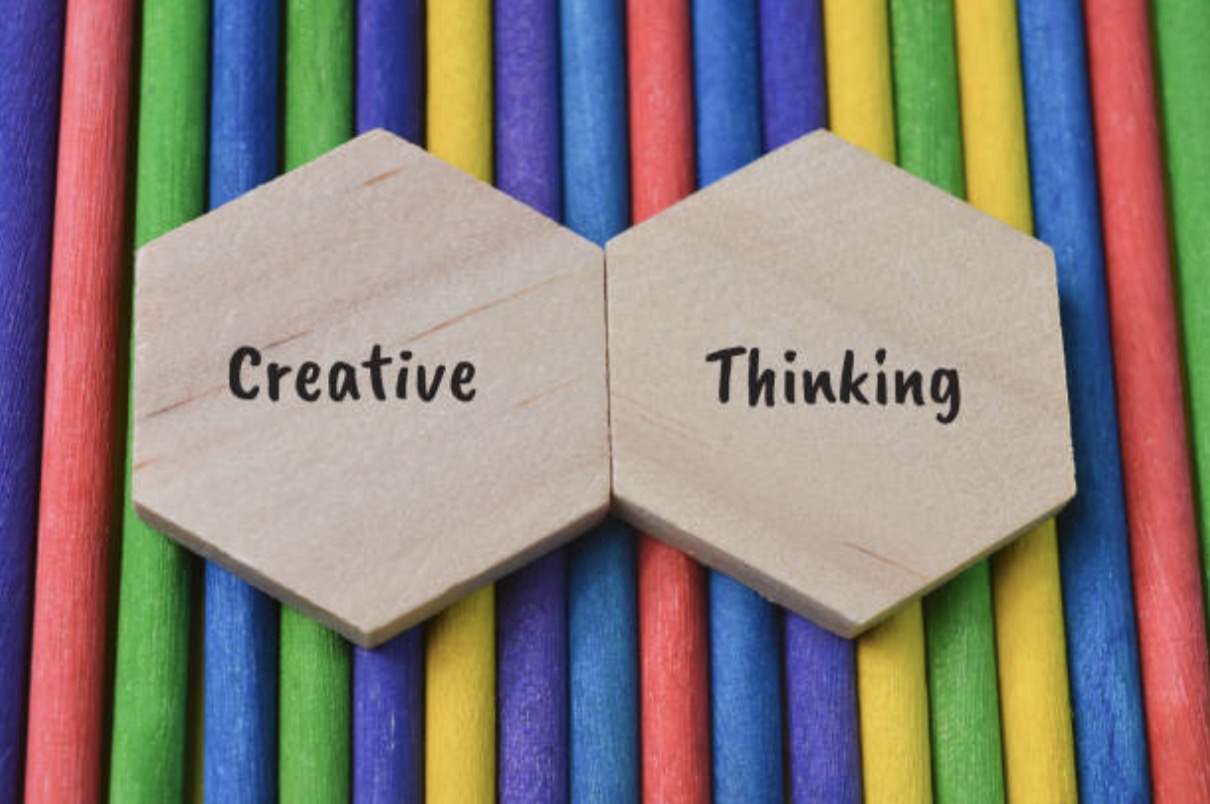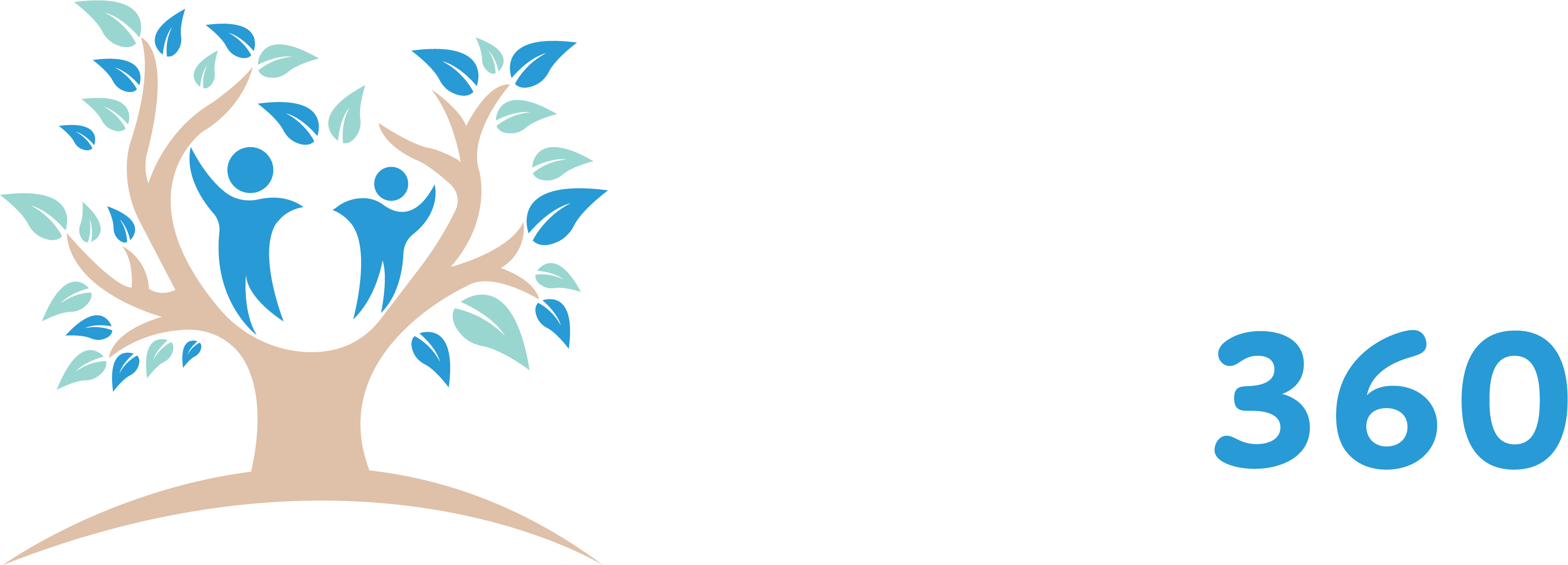Research

How to Build a Reflective Practice in Early Childhood Education

Building a reflective practice in early childhood education is crucial for the growth and development of young children. Reflective practice is the process of thinking critically and objectively about one’s own actions and decisions in order to improve and refine one’s teaching methods. By using the latest research in early childhood education, educators can create a more effective and efficient reflective practice.
One key aspect of a reflective practice is staying up-to-date with the latest research in early childhood education. This means not only reading and studying new research but also incorporating it into one’s daily teaching practices. A recent study by the National Center for Education Research found that teachers who regularly engage in professional development and stay current with the latest research are more likely to improve student achievement (Darling-Hammond, Hyler, & Gardner, 2017).
Another important aspect of a reflective practice is regularly assessing and evaluating one’s own teaching methods. By doing so, educators can identify areas of improvement and make necessary changes to better meet the needs of their students. A study by the National Center for Education Statistics found that teachers who regularly assess and evaluate their own teaching methods are more likely to improve student achievement (Ingersoll & Strong, 2011).
Additionally, involving parents and families in the reflective practice can also be beneficial. Research has shown that parental involvement in a child’s education can lead to increased student achievement (Henderson & Mapp, 2002). By working closely with parents and families, educators can gain valuable insight into a child’s development and learning needs, which can in turn inform their own teaching practices.
Incorporating technology into the reflective practice can also be beneficial. There are a variety of technology tools available for educators to use in order to assess and evaluate student progress, such as online quizzes and assessments, data analysis software, and learning management systems. A study by the International Society for Technology in Education found that incorporating technology into the classroom can lead to improved student achievement (Warschauer & Matuchniak, 2010).
In conclusion, building a reflective practice in early childhood education is crucial for the growth and development of young children. By staying up-to-date with the latest research, regularly assessing and evaluating one’s own teaching methods, involving parents and families, and incorporating technology, educators can create a more effective and efficient reflective practice.
References:
Darling-Hammond, L., Hyler, M. E., & Gardner, M. (2017). Teacher education around the world: What can we learn from international practice? European Journal of Teacher Education, 40(3), pp. 321-350.
Ingersoll, R. M., & Strong, M. (2011). The impact of induction and mentoring programs for beginning teachers: A critical review of the research. Review of Educational Research, 81(2), pp. 201-233.
Henderson, A. T., & Mapp, K. L. (2002). A new wave of evidence: The impact of school, family, and community connections on student achievement. Austin, TX: Southwest Educational Development Laboratory.
Warschauer, M., & Matuchniak, T. (2010). New technology, new literacies: Student writing in an electronic world. Contemporary Issues in Technology and Teacher Education, 10(1), pp. 1-23.
Start using Personhood360 for free!
Access all Personhood360 features for 30 days, to see how Personhood360 can add value to your early childhood centre.
Or compare plans from $2.45 per child/month
![]() Cancel any time
Cancel any time![]() Online Support
Online Support
